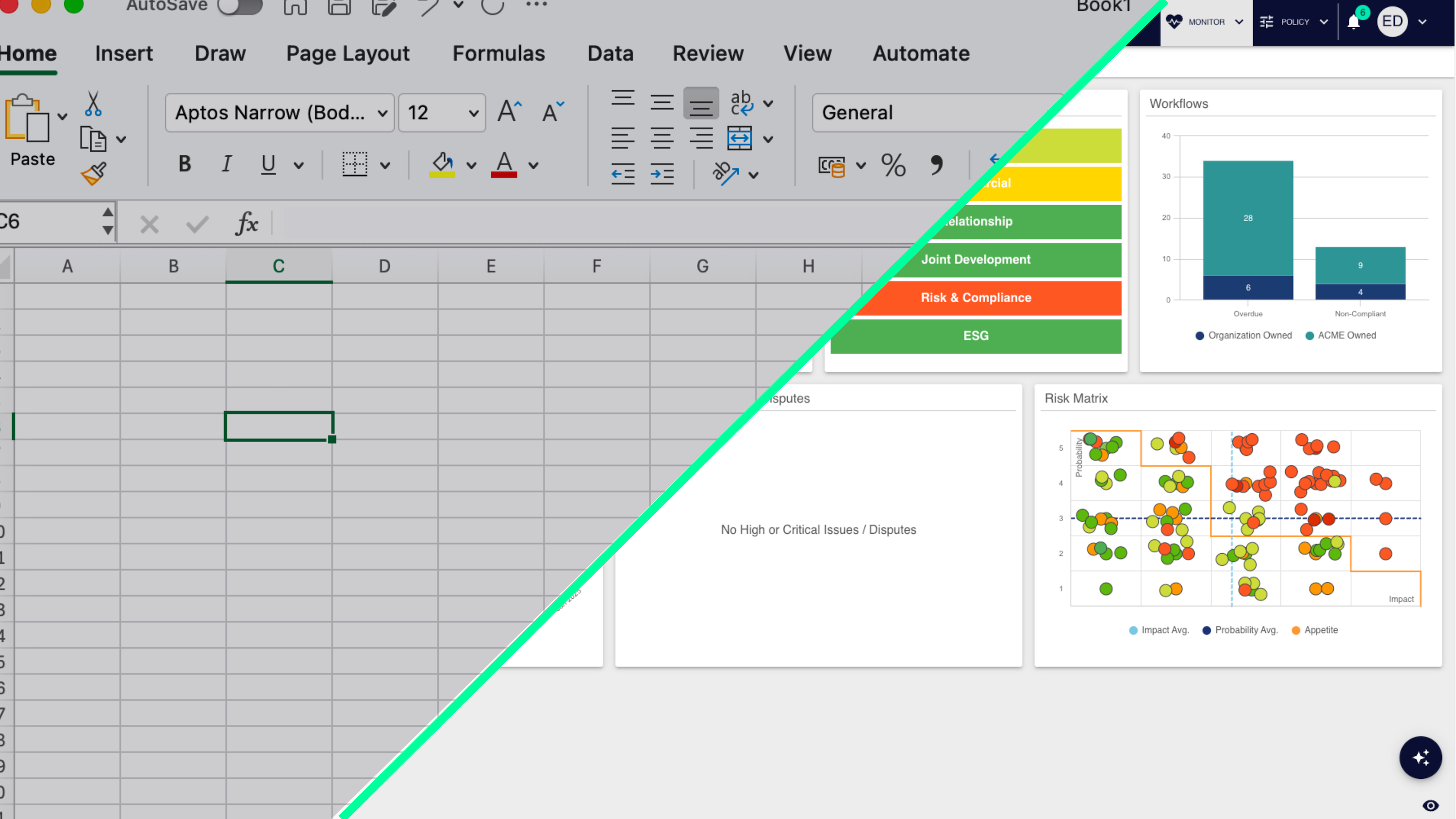A Subject Matter Expert (SME) is an individual with professional experience and specialised knowledge in their area. The role within a business is to be a research partner as a source of information, an advisor to help with processes and review business processes to provide solutions.
SMEs are pivotal as decision-making bodies or sounding boards. While Boards and Committees provide overarching governance within Third Party Risk Management, Subject Matter Experts are specialised within the area.SMEs enable businesses to address complex risk scenarios effectively through their wealth of knowledge, to provide solutions.
But what exactly is the role of an SME and how does this integrate into a Third-Party Risk Management (TPRM) Framework? In this blog, we are going to deep dive into subject matter experts within third-party risk management and look at how you should use them to your advantage.
The Role of Subject Matter Experts:Subject Matter Experts are individuals or small groups possessing specialised knowledge and expertise in particular domains relevant to the organisation’s risk management framework. Unlike Boards or Committees, SMEs provide targeted insights and guidance on specific risk categories, facilitating informed decision-making within the TPRM function.
Integration with TPRM Framework:Within the TPRM framework, SMEs are instrumental in assessing and mitigating risks associated with third-party relationships. When conducting risk assessments or encountering complex risk scenarios, TPRM practitioners often rely on SMEs to provide subject-specific expertise and guidance. For example, in areas such as finance risk management, SMEs can offer valuable insights into financial vulnerabilities and mitigation strategies.
Escalation and Referral Mechanisms:In situations where risk assessments or issues arise, TPRM practitioners may escalate concerns to relevant SMEs for further evaluation and guidance. For instance, if a financial risk is identified during a third-party assessment, the TPRM function may refer the matter to a finance risk expert for review and opinion. This escalation ensures that risks are addressed comprehensively and in alignment with organisational objectives.
Flexibility in SME Deployment:While some businesses may have dedicated SMEs within risk management teams, others may leverage expertise from different parts of the business. For emerging risk categories or specialised domains not covered by formal risk frameworks, SMEs may exist elsewhere in the business, such as under the Chief Financial Officer or within specific business units.TPRM functions must adapt and connect with these SMEs to effectively address evolving risk landscapes.
Collaborative Risk Mitigation:By engaging SMEs in risk mitigation efforts, TPRM functions can benefit from collaborative problem-solving and innovative risk management strategies. SMEs contribute their domain-specific knowledge to develop resilient controls and treatment plans, enhancing the organisation’s ability to navigate emerging risks and uncertainties.
Conclusion:In conclusion, Subject matter experts play a crucial role in augmenting the effectiveness of third-party risk management functions within enterprises. By leveraging their specialised knowledge and expertise, business can enhance their ability to identify, assess, and mitigate risks associated with external relationships. Understanding the role and significance of SMEs in TPRM facilitates proactive risk management and ensures alignment with organisational objectives and risk tolerance thresholds.
Download our TPRM Whitepaper
For an in-depth exploration of Third-Party Risk Management, download our comprehensive whitepaper. It covers the necessity, key components, and actionable steps for implementing robust TPRM frameworks. Learn how to align strategies with corporate objectives, establish effective governance, and mitigate risks to ensure long-term success.


